The forgotten abuses of Kim Jong-un’s regime
WHILE a grinning Kim Jong-un posed for photos with Donald Trump, the world seemed to forget a shameful truth.
WHILE Kim Jong-un posed for grinning selfies, basked in the cheers of passers-by and lapped up a warm welcome from Donald Trump in Singapore, the North Korean people were suffering.
They are always suffering.
Starving, malnourished and systematically oppressed, the people who endure Mr Kim’s pitiless rule have been all but forgotten amid the push for peace on the Korean Peninsula.
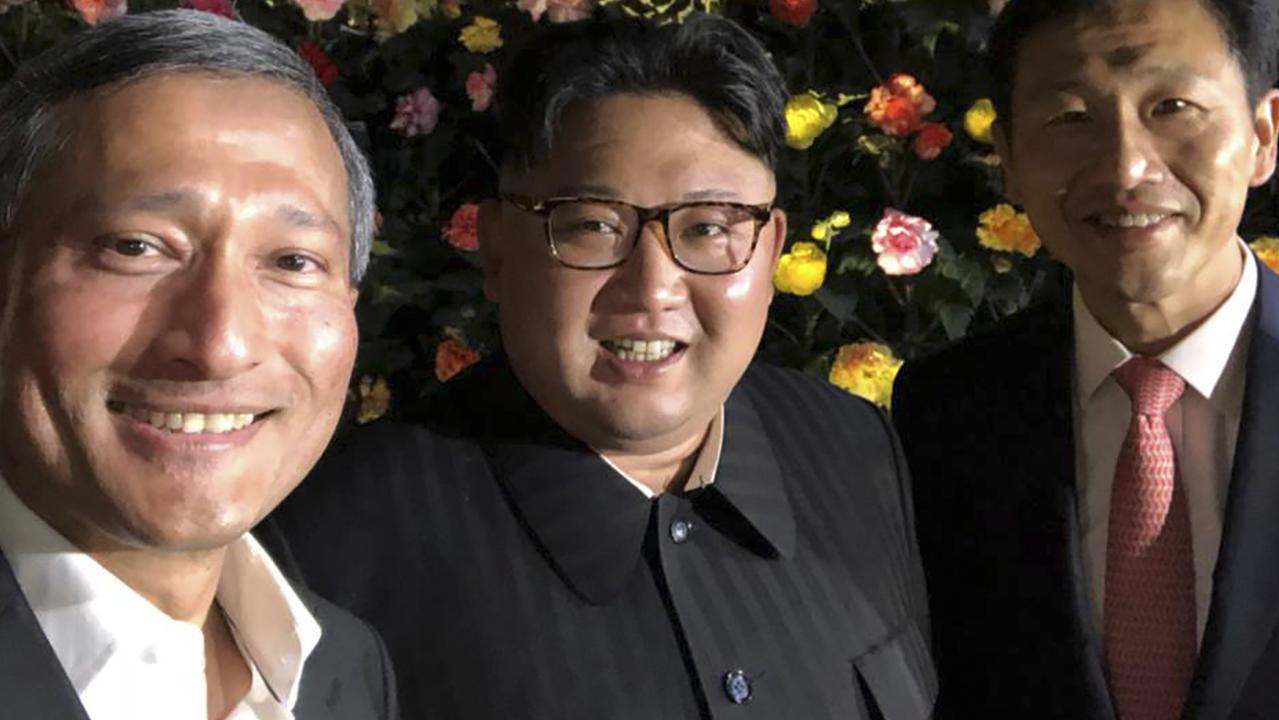
Hoping to convince Mr Kim to curtail his nuclear ambitions, Mr Trump and South Korean president Moon Jae-in have treated him like a legitimate world leader — a necessary courtesy, perhaps, but one he does not deserve.
Just ask someone who has lived under the Kim family’s brutal regime.
Han Geum-ok fled North Korea in the mid-2000s with her husband, daughter and two sons. She tells news.com.au fear — of the state, but also of each other — keeps the people in line. The North Koreans are trapped in a sinister cycle of brutality and mistrust.
“There is a surveillance system in place. It’s not by the authorities. It’s by the residents,” Mrs Han says.
“If you have a group of three people, one out of the three is a spy. You cannot trust anyone.
“Even though there is resentment, even though there are complaints about the regime, you can’t say anything because of the fear of being arrested. Someone in the group could go to the intelligence officers.
“This makes us unable to collaborate, unable to plan, unable to do anything.
“The North Korean people are starving to death, life there is so miserable, but they don’t stand up against the regime because of this fear.”

THE ESCAPE
This isn’t just one woman’s opinion. The weight of evidence backs up Mrs Han’s account.
According to Human Rights Watch, North Korea is “one of the world’s most repressive states”. There are no civil or political liberties. There is no independent media and no political opposition. Criticism of Kim Jong-un and his regime can get you killed.
“The government routinely uses arbitrary arrest and punishment, torture in custody, forced labour and executions to maintain fear and control,” the watchdog said in its most recent briefing paper.
The reality of life there is so grim that tens of thousands of people, Mrs Han among them, have made the dangerous and potentially deadly trip south.
Her family’s desire to leave grew during the Arduous March, a catastrophic famine that starved North Korea from 1994-98 and left up to 3.5 million dead.
“My husband worked for the Workers’ Party in North Korea, and he was curious about what life was like in China. It was a socialist country that was opening its doors to the outside world, and life there was getting better and better,” Mrs Han says.
“He decided to go and see it for himself. He had been working for a long time in the military, so he knew how the guards worked at the border area. He could see exactly when they were changing the guard, so he could sneak out of the country.”
If Mrs Han’s husband had returned within one or two days, she says, it would not have caused a problem. But he stayed in China for too long.
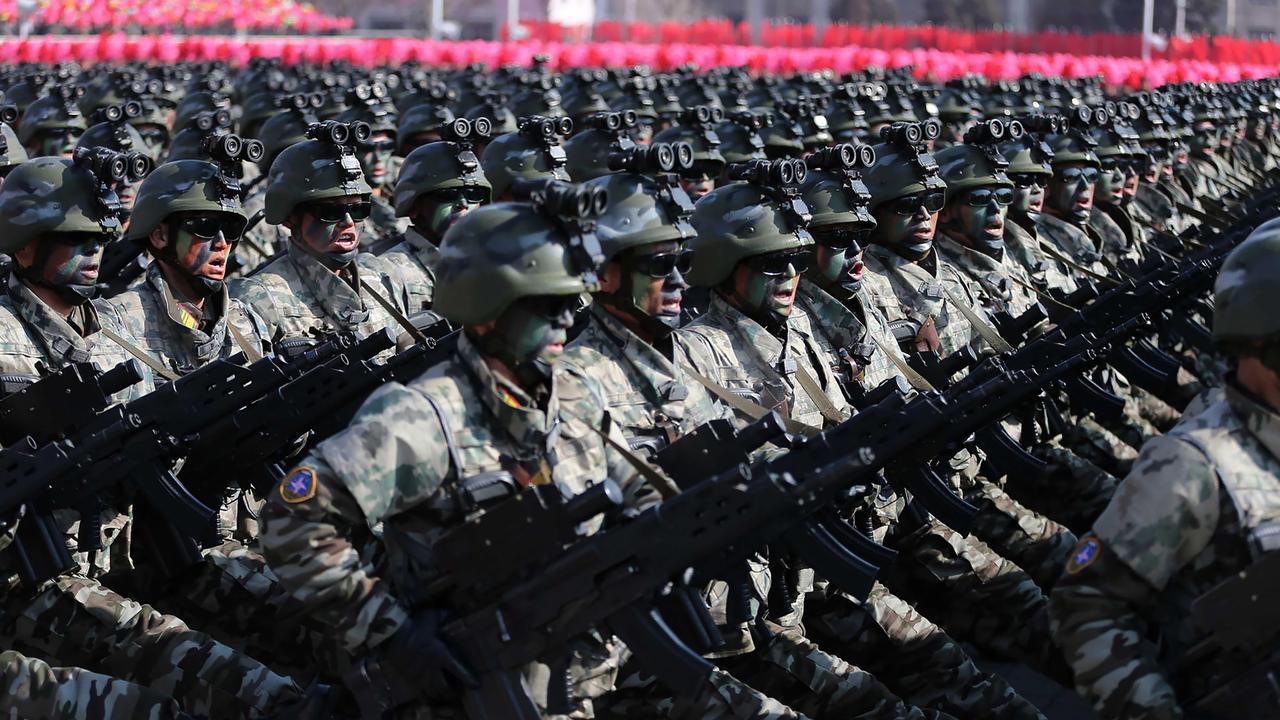
“He was interrogated and investigated multiple times by multiple agencies. He was severely beaten, and given fractured ribs. Life afterwards was so difficult.”
Thoroughly disillusioned, he crossed the border again and this time remained in China for 10 months. That is when he decided it was time to take his family with him.
“It was a group of five people. It was impossible to cross the border when they were changing their shifts. But back then, the border controls were not so tight, and it was very easy to bribe the guards,” Mrs Han says.
“We gave them some money, and the guards turned a blind eye. One of them even helped carry the youngest boy, who was six years old. He carried him across the border.”
Her husband’s initial plan was to go to the South Korean embassy in China, but she had other ideas.
“Back then, the perception of the ordinary North Korean in South Korea was not so good, so I had a very bad perception of South Korea,” Mrs Han says. She insisted they remain in China for years afterwards, despite the constant danger of living on the run.
“In China, we could not properly educate our children, because we did not have legal status. We were living under constant threat and risk of being arrested,” she says.
“If we were arrested, that would have meant repatriation back to North Korea — and death. We were walking on very thin ice.”
Finally, after seven years and four attempts, they made it to South Korea.
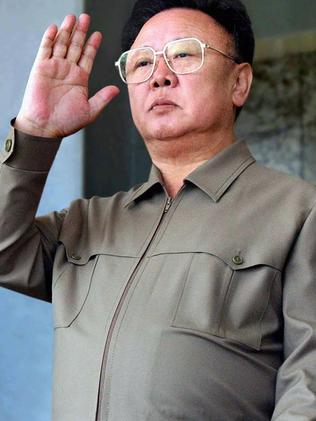
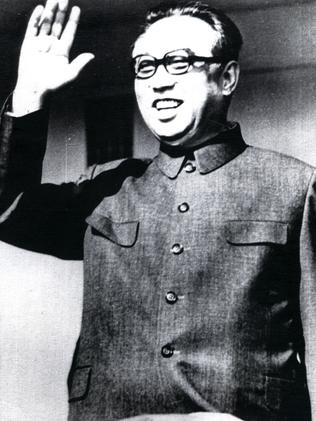
LEFT BEHIND
Mrs Han’s new life isn’t luxurious. She works for a shoe company that sells its products through a home shopping channel. But she certainly finds it more rewarding than when she worked at the post office in North Korea.
“The South Korean government provided initial support. They gave us a place to live, and we received a monthly allowance for six months, until we were ready to get a job.”
Compare that to North Korea’s government, which threw Mrs Han’s sister in prison for dancing to music at her birthday party.
“My sister’s husband wanted to celebrate her birthday, so he played music and they danced,” she said. “My sister was sent to jail for dancing, because the authorities thought it was influenced by capitalism. She had to stay in prison for a year.
“Life in prison was so miserable. The North Korean people didn’t have proper food to eat but life in prison was even worse. They didn’t have anything to eat, so they had to catch frogs. She was brutally beaten so many times.”
It was an extreme example of the Kim regime’s paranoid need for absolute control over its people. Any sign of rebellion — even music at a birthday party — must be stamped out.
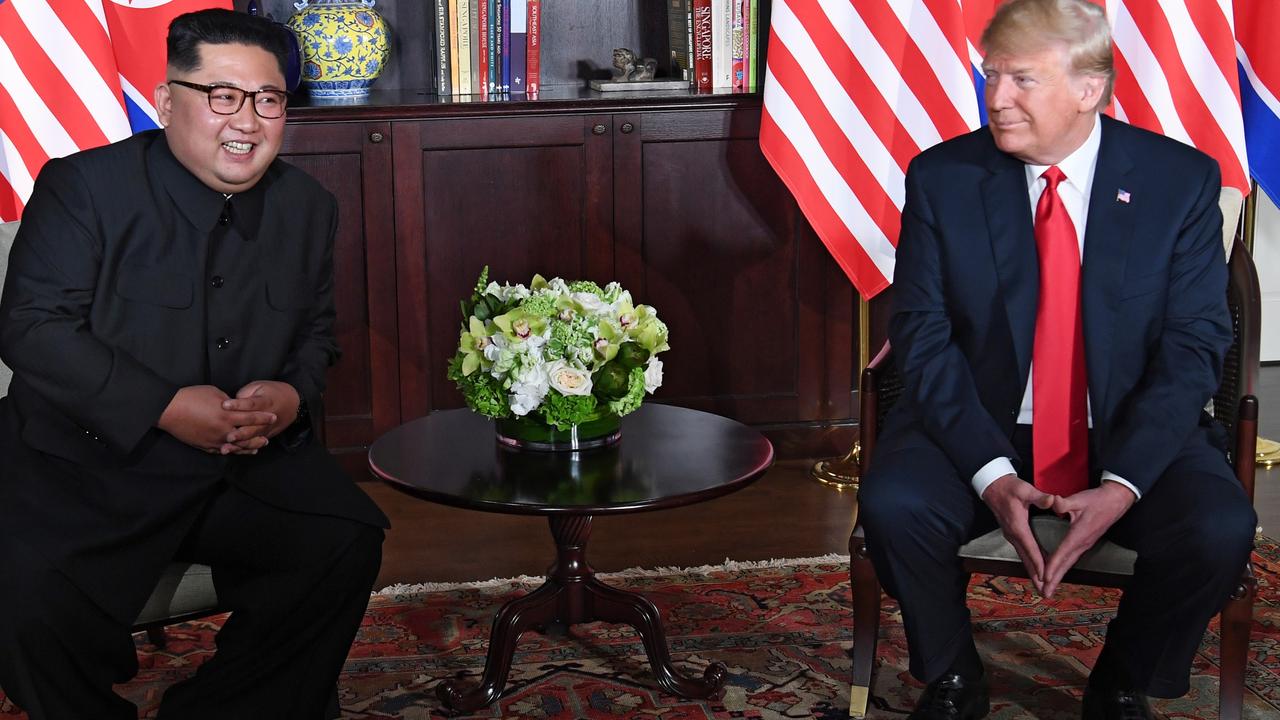
Mrs Han is one of the lucky ones. She escaped. Her sister is still trapped north of the border; her only connection to the outside world — an illegal Chinese mobile phone.
“When my sister calls, that is when she needs money. But she only gets a third of the money I send her, because the brokers in China and North Korea each take a cut.
“If I send $1000, the broker in China will take $300 and the one in North Korea will take another $300. My hard-earned money in South Korea is being wasted, but 30 per cent is better than nothing.”
The same problem affects any international aid that’s sent to North Korea. Noble intentions are reduced to virtually nothing of value by layers of corruption.
“Even though they receive aid from the international community, the aid doesn’t reach the very bottom of society, who desperately need help. Those handling the aid are the ones who benefit,” Mrs Han says.
“We don’t need aid, because we don’t get it anyway.”
It’s a blunt admission, and one with stark implications for rest of the world. Other nations can try their best to get help to the North Korean people, but unless Mr Kim eases the machinery of oppression, very little of that aid will reach them.
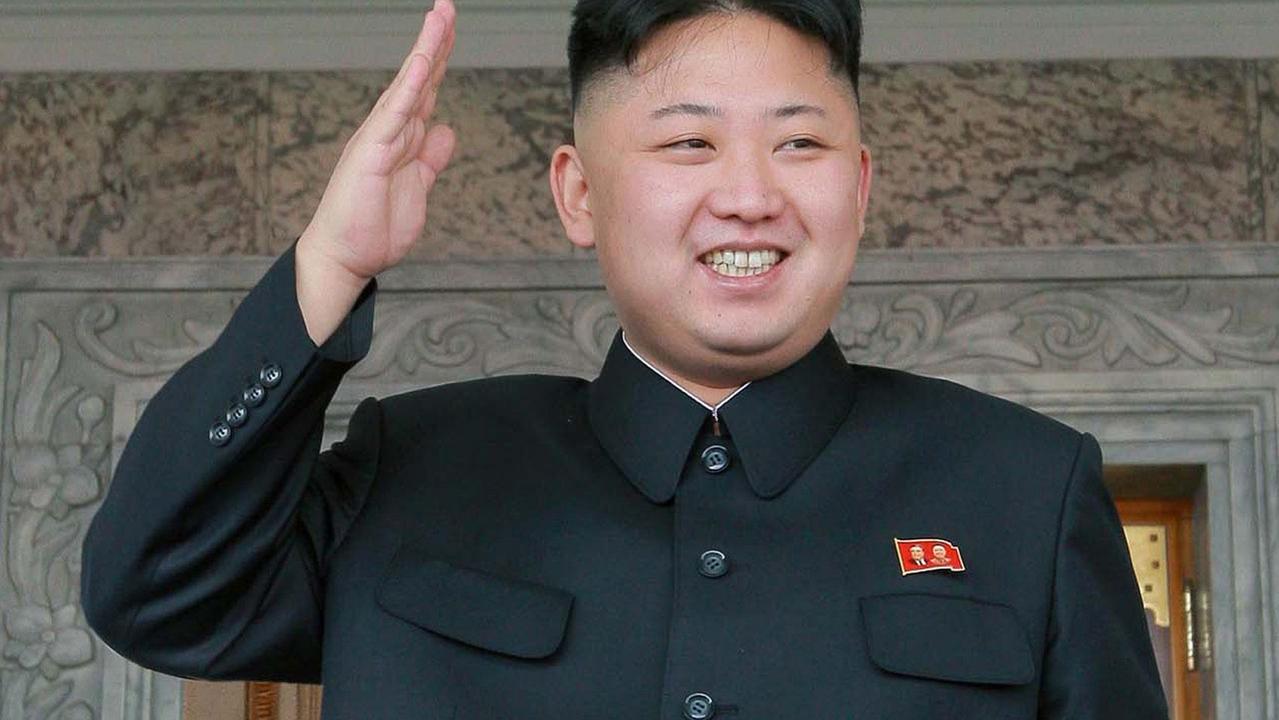
THE FORGOTTEN ISSUE
These details of life in North Korea are shocking, but hardly surprising. A 2014 UN report described the regime’s abysmal treatment of its own people in excruciating detail, revealing a long list of “unspeakable atrocities” perpetrated by the Kim family, including murder, enslavement, torture, forced abortions, sexual violence and deliberate starvation.
So, why have we heard so little about North Korea’s human rights record lately? Why isn’t Mr Trump making it a centrepiece of the negotiations?
Because doing so would risk angering Mr Kim and pushing him away from the table.
“North Korea claims this is meddling in its domestic affairs. It has become very sensitive. It gets furious whenever human rights are mentioned,” Lee Ho-ryung, a research fellow at the Korea Institute for Defence Analyses, tells news.com.au.
“It is better to leave the human rights issue as a low profile issue, and not to include it in this peace process. But we have to deal with it as well,” she says.
Professor Kim Dong-yup, director of research at the Institute of Far Eastern Studies, believes the best way to improve North Koreans’ lives is to boost the country’s economy — and ensure the survival of the regime that oppresses them.
“The human rights conditions in North Korea are not good. We all know that. But we have to admit the human rights conditions have been a bit exaggerated to the outside world,” Prof Kim says.
“We have seen many cases where Western nations label the country with the bad human rights conditions ‘evil’, and then they just topple the regime based on that. They doubt the legitimacy of the government,” he says.
“We have to ensure the regime’s stability. That includes stabilising North Korea’s economy and making the people’s lives better.”
The highest priority for Mr Trump is to secure the denuclearisation of North Korea, and it seems he is willing to push the human rights issue to one side.
The risk, of course, is that it will never be addressed.
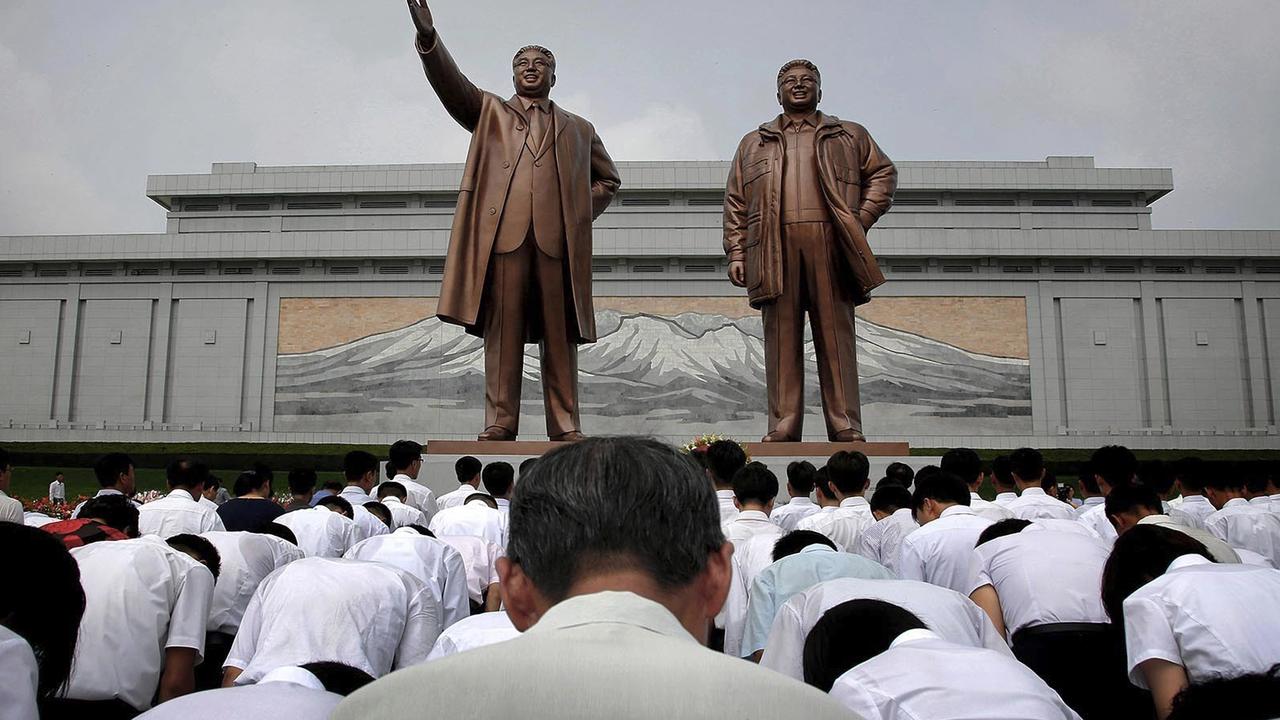
CAUSE FOR OPTIMISM
Mrs Han doesn’t trust Kim Jong-un or his surprise shift from warmonger to dove.
“This is an abrupt change. What is the motive behind Kim Jong-un coming to the negotiating table? Is it because he wants real peace? Is it genuine? Or is it because of international pressure and sanctions, and is he trying to earn some time?” she asks.
“He is the one who brutally murdered his uncle and brother. Now he’s coming to the negotiating table. I’m sceptical of his motives.
“Everything is happening so fast, it’s hard to believe.”
But despite her scepticism, she hopes the peace process will deliver a better life for the compatriots she had to leave behind — most of whom are just like her new friends in South Korea.
“People are all pretty much the same everywhere. Even though we have different languages and cultures, no matter where you live, the way that we live is the same.
“We are one people. But one people living in a divided nation. If we could become one nation, it would be wonderful.”
Sam travelled to South Korea as a guest of the Korean Culture and Information Service.




